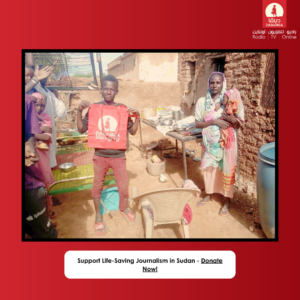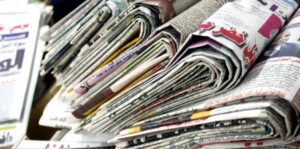Sudanese Journalists Network decry ‘use of criminal code to silence press’
The Sudanese Journalists Network has issued a harsh statement condemning the Sudan regime’s, “use of the criminal code to silence the mouths of journalists”.
 File photo: Getty
File photo: Getty
The Sudanese Journalists Network has issued a harsh statement condemning the Sudan regime’s, “use of the criminal code to silence the mouths of journalists”.
The announcement came after a press court on Monday issued a fine of SDG 30,000 for the former editor of El Mustagilla newspaper, Zeinelabdin El Ajab, for publishing information on Qatar's payment of huge sums to Sudan and Ethiopia to inflict drought on Egypt.
The network said in a statement that the authorities' targeting of journalists through the Criminal Code is contrary to international covenants and covenants that prevent the prosecution of newspapers except through civil courts.
The network reiterated in its statement that it will stand against any targeting that threatens journalists and newspapers.
It called on journalists to reflect on this new targeting through high fines and threats of imprisonment facing journalists and newspapers.
The network also pointed out in its statement to the continued detention of journalist Kamal Karrar of El Midan newspaper since January 16.
The press and publications court, headed by Judge Muez Ahmed El Obeid, on Thursday sentenced the former editor-in-chief of El Mustagilla newspaper Zeinelabdin Mohamed Ali for ‘publishing false news’ and imposed a fine of SDG15,000 (*$825) or one month in jail.
The charges against Ali date back to the end of 2015, when the newspaper published a report on Qatar's payment of huge sums to Sudan and Ethiopia ‘to inflict drought on Egypt’.
Press curbs
During the past years, Sudan's National Intelligence and Security Service (NISS) upgraded its already severe restrictions on press freedoms by restoring 'pre-publication censorship' and issuing a number of 'red lines' on matters that are not supposed to be covered by the media.
The purpose of confiscating print-runs is to exhaust the newspapers financially, the editor-in-chief of El Jareeda newspaper earlier explained to Radio Dabanga. “It is in fact a direct and methodical liquidation, meant to kill the independent press,” he said.
The Sudan scores 86 points out of 100 (0=Most Free/100=Least Free) on the list of 201 countries in the Freedom of the Press 2017 report of the USA-based Freedom House.
* Based on the official US Dollar rate quoted by the Central Bank of Sudan (CBoS)











 and then
and then